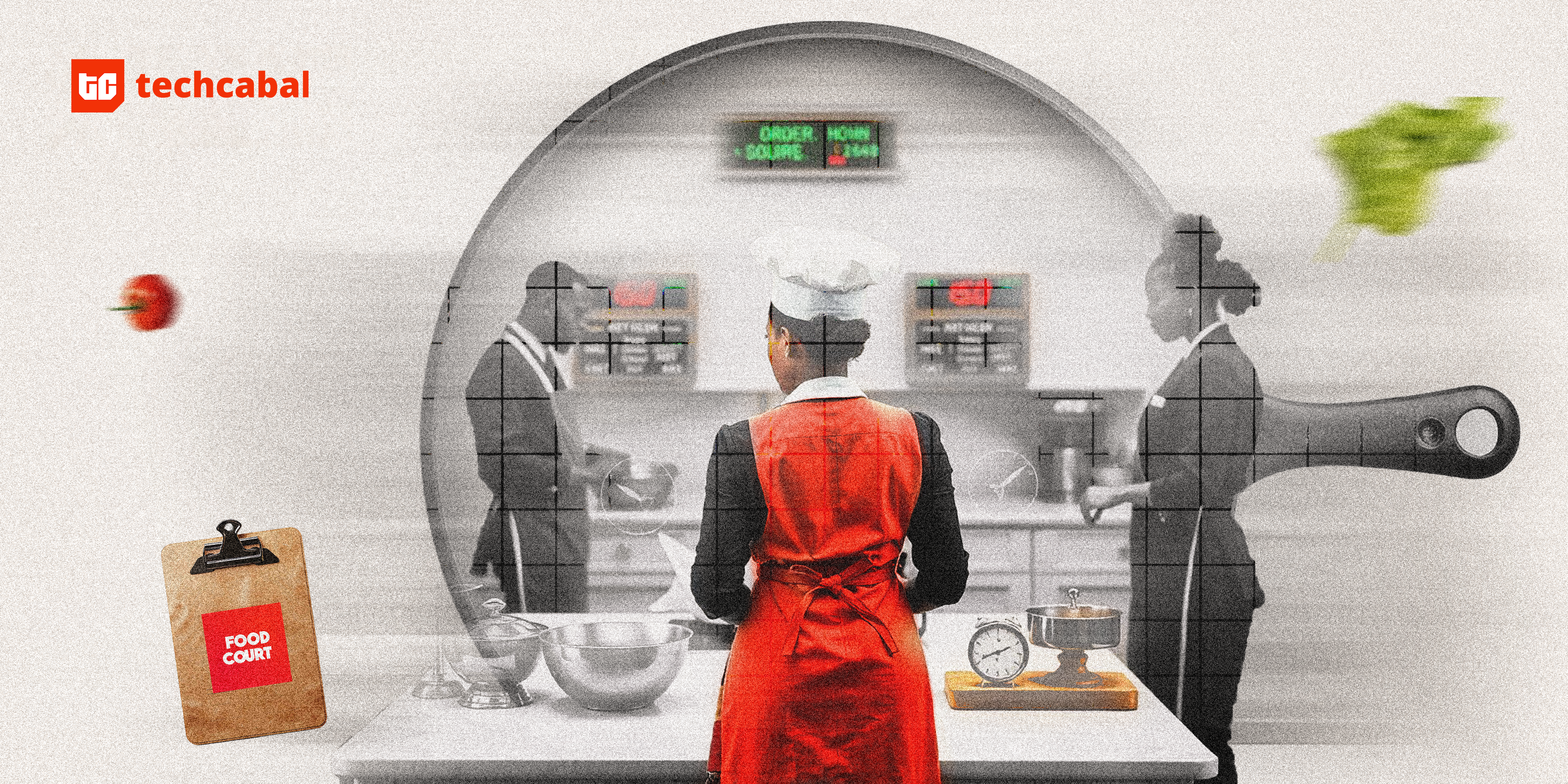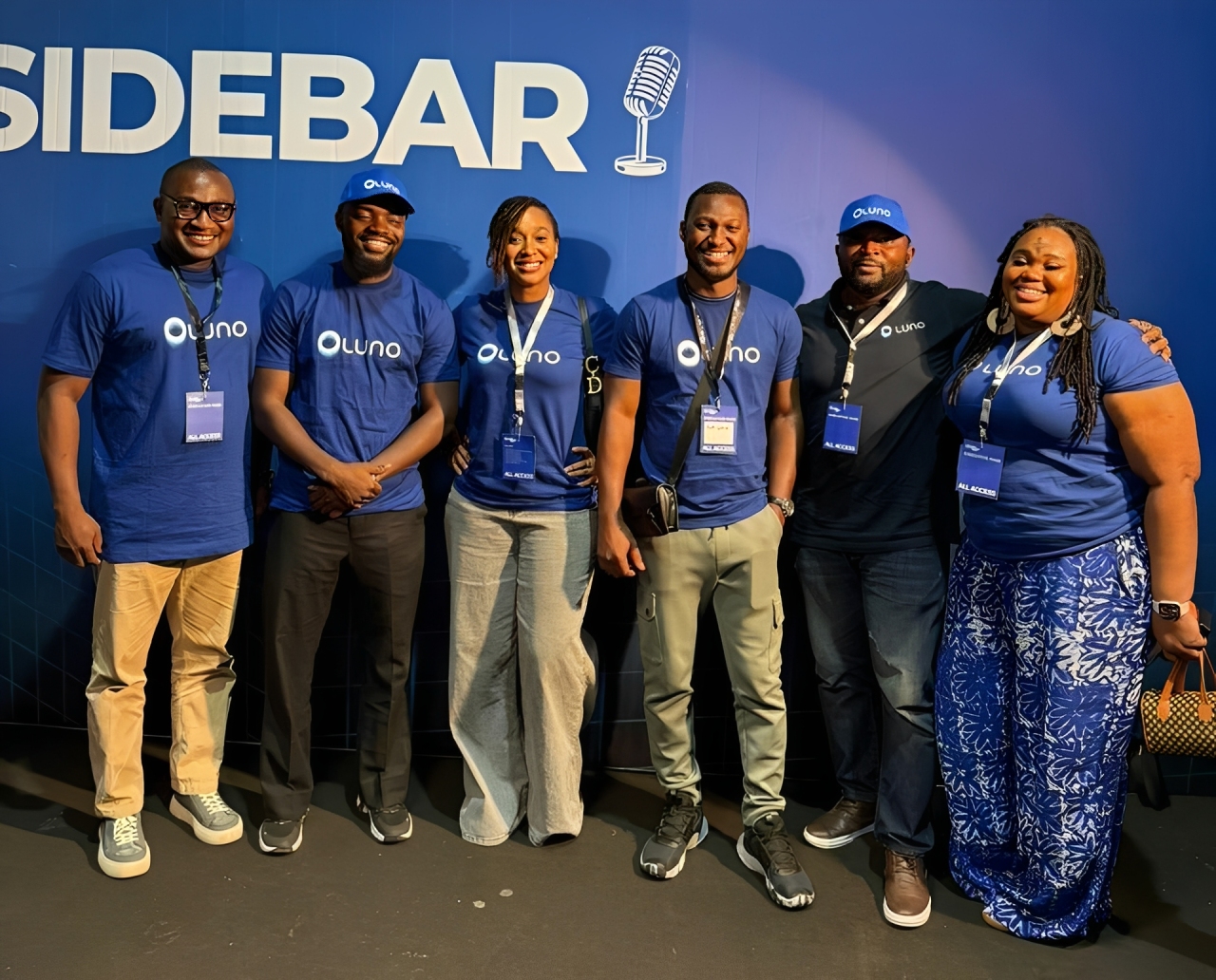FoodCourt, the Y Combinator-backed food delivery service, said a redesign of its cooking processes led to nearly 100 employees being made redundant in May 2024. The three-year-old startup, which prepares its meals in dark kitchens and offers a delivery-only model, said customer feedback led to operational changes.
“We got bigger kitchen equipment and started preparing a lot of the base ingredients instead of waiting for a customer to order before getting started with it,” said Chef Tilewa Odedina, who manages FoodCourt’s kitchens.
Henry Nneji, FoodCourt CEO, told TechCabal that a key goal was to reduce meal preparation time to 20 minutes for its 10,000 active monthly customers. Yet, the optimisation is still a work in progress, with customers complaining about late orders on social media.
The startup raised $1.7 million earlier this year, a detail that has not been previously reported says it has an average order value of ₦15,000 and is already profitable. CEO Nneji declined to share actual numbers.
The company claims cost efficiency is the key driver of profitability. “You can make a lot of sales and be bleeding just as much cash,” said Odedina.
The company overhauled the kitchen management process, which had allowed theft, wastage, and underpricing.
FoodCourt earns money from food sales like a regular restaurant and delivery fees. In an increasingly cutthroat sector, it competes with restaurant chains and other food delivery companies like Glovo and Chowdeck.
In an interesting twist, FoodCourt is also available on Chowdeck following an agreement in July 2024. Similar to its deal with Chicken Republic, Chowdeck offered FoodCourt advertising spend, according to a person familiar with the matter.
Eden Life and YC-backed ChowCentral, quick-service restaurants with a delivery-only model, are also listed on Chowdeck.
While competition continues to ratchet up in food delivery, it is doubtful that the winner will simply outspend everyone else. Success may very well lie in a mix of ruthless operational efficiency and finding a key and loyal customer base.
There is a lot to appreciate in the startup’s shrewdness, especially in a funding environment where over-spending to blitzscale has not yielded positive returns for deep-pocketed but now-defunct food delivery companies like Jumia Food and Bolt Food.
But while it is easy to see how far this can take a bootstrapping restaurant, FoodCourt is a VC-backed cloud kitchen. Like any startup, it needs to attain exponential growth, to live up to whatever valuations investors bought in at, and that may require taking risks a typical restaurant wouldn’t take.
Editor’s note: The article was edited to reflect that FoodCourt’s deal with Chowdeck is not exclusive. It was also edited to reflect that the company’s monthly active users have increased to 10,000 at the time of publishing this article and that FoodCourt aims to reduce its food preparation time to 20 minutes.
Moonshot by TechCabal is gathering Africa’s most audacious builders and thinkers in Lagos, Nigeria. You can get tickets here.





















